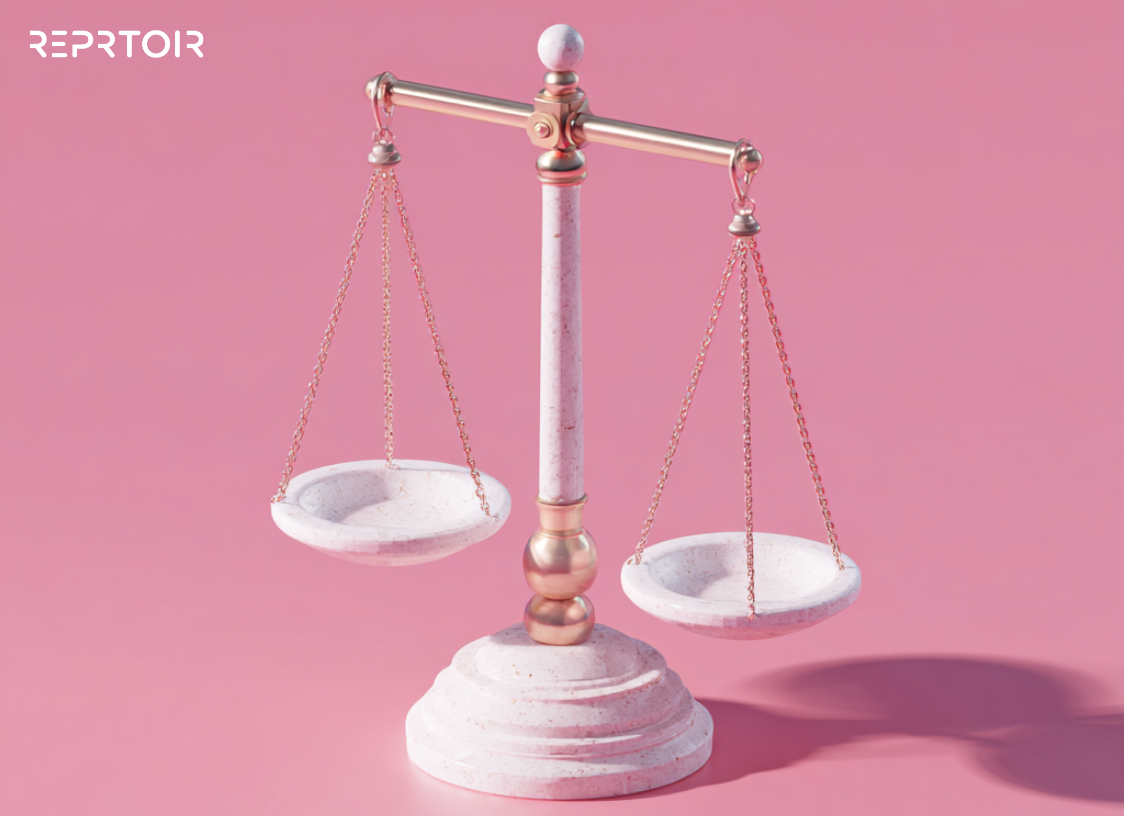The European Union has officially entered the global debate on generative AI and copyright (and it did so with force).
In a landmark ruling, a German court sided with the music rights organization GEMA in its copyright infringement case against OpenAI. This marked one of the first major legal decisions in the EU that directly challenged how AI companies train their models.
Although conversations around AI and copyright have been heating up for years, this ruling represents the EU’s clearest signal yet: creative works protected by copyright cannot simply be scraped, ingested, and reproduced by AI systems without proper authorization.
For the music industry and for rights holders across creative fields, this may be a new legal era.
Below is a breakdown of what happened, its significance, and why this case matters far beyond Germany:
What the Case Was About
GEMA, which represents over 90,000 composers, lyricists, and music publishers, took OpenAI to court over what it described as unauthorized use of copyrighted songs during training.
According to the filings summarized by Reuters and The Guardian, GEMA argued that OpenAI trained its models on vast amounts of copyrighted content, including lyrics and compositions, without obtaining licenses.
The case revolved around two core questions:
- Can an AI model legally be trained on copyrighted works without permission?
- If the AI later generates text or content that resembles those works, is that infringement?
In short, the court found that:
- OpenAI used copyrighted material without a proper license.
- ChatGPT output in some tests included recognizable lyric excerpts.
- This reproduction constituted infringement under German and EU law.
This makes the case one of the first in Europe where a judge explicitly declares that the training of an LLM on copyrighted material, without permission, is in breach of copyright regulations.
Importantly, the decision wasn’t only about the training process but also about output. The court emphasized that the model's ability to reproduce protected lyrics shows that the copyrighted material is embedded in the system in a way that can be accessed and revealed.
Why This Case Matters: The EU Takes a Stand
The European Commission has been signaled as watching these proceedings closely. This judgment arrives at a critical moment, just as the EU finalizes its AI Act and continues to shape future regulations for AI companies operating in Europe.
Here’s why this ruling is significant beyond Germany:
1. It sets a legal precedent for the entire EU
EU member states often look to each other’s rulings in emerging legal issues, especially when tied to digital policy.
2. It challenges the “fair use” assumptions AI companies rely on
The US relies heavily on the fair use doctrine for AI training. The EU does not. This ruling stresses that training on copyrighted works is not automatically exempt from copyright restrictions.
3. It strengthens the bargaining power of rights holders
Music publishers, labels, and collecting societies have been pushing for licensing deals with AI developers. This ruling gives them leverage and potentially accelerates new licensing frameworks for AI training data.
What This Means for Music, AI, and Copyright Moving Forward
The music industry has been bracing for a moment like this. AI models capable of generating melodies, lyrics, or full-length songs have raised long-standing fears about deepfakes, creative cloning, and revenue loss.
The GEMA ruling doesn't resolve every issue in this space, but it does clarify the legal landscape in three important ways:
1. Training AI on copyrighted music without permission is now a major legal risk
If courts across Europe follow this approach, AI companies will need to negotiate licenses or redesign their datasets to exclude protected works.
2. Transparency will become a legal obligation, not an optional feature
One of GEMA’s key frustrations was poor insight into what exactly OpenAI trained on. As the EU moves toward implementing transparency requirements in the AI Act, companies will need to provide details on training data sources.
3. Rights holders can now pursue claims with more confidence
Instead of vague uncertainty, they now have a clear, court-backed pathway for legal action if AI systems reproduce protected content.
What Happens Next?
OpenAI is expected to appeal, and the full implications of this case may play out over several years. But for now, the message from the EU is unmistakable: copyright law still applies in the age of generative AI.
The ruling signals a turning point where AI innovation, creator protection, and regulatory oversight will increasingly collide. For industry experts in music and technology, this case is likely only the beginning.
Europe is positioning itself as an active regulator in this space, and the GEMA vs. OpenAI outcome may serve as a blueprint for future complaints across creative industries.
At Reprtoir, we can help to grow your music business with an all-in-one workspace. Find out more today!










